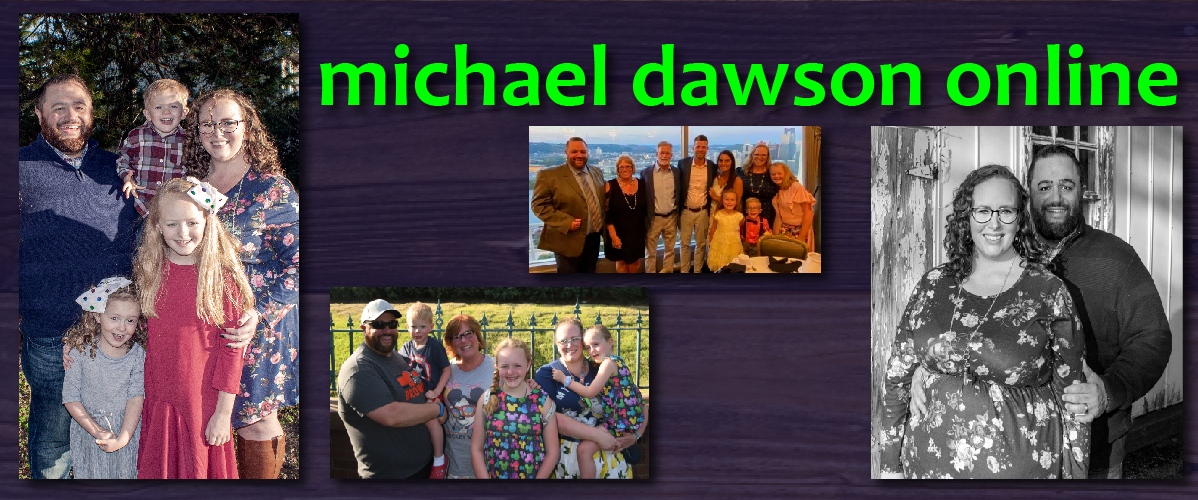The following is part of a series on generations and what I have learned about them.
What defines the characteristics of a generation? I believe there are several factors at play when the characteristics of a generation are formed. Some of these include the parents they were raised by as well as the domestic and world events during their formative years. Today we are going to lay out a few of those characteristics and how that might have an impact on the church. As we do so, please understand this is a generalization of entire generations.
The Greatest Generation – 1901-1924
This generation grew up during the “Roaring 20’s” and the Great Depression of the United States. They saw both the good times and the horrible outcomes of the Depression. They understood what it meant to be in want and need. This is also the generation that fought World War II. Following the war and following the Depression this generation helped to rebuild the United States and helped to form it into a world superpower. This generation did not fight and work because of a desire for fame and recognition, but because it was the right thing to do.
This generation is a group of hardworking people, seeking a better life for themselves and their children. They are very country minded people. They honor and cherish the things of the past, but seek to build a stronger future.
I believe as we look at this generation in our churches, too many times we think they are un-capable of change. But remember, it is this generation that built the America we know today. It is this generation that fought for our freedom to speak and worship freely. They are open to change, they are open to adaptation; however, it has to be for the right reason. They are not going to change just for the sake of change. Whatever changes we seek in our churches must be thought out and presented well, and have extreme importance for future growth for this generation to get on board. If we think through change, deem it is necessary for future growth, and present it well, this generation has it in their DNA the ability to jump on board and support it greatly.
The Silent Generation – 1923-1943
This generation was born into the great depression and grew up during WWII. They saw the horrors of the depression as little children and saw the horrors of war as teenagers. This generation was raised by parents that new a good life, a peaceful life, and saw how everything could be ripped away. This generation typically has a grave and fatalistic view of the world. They often posses confused morals and expect to be disappointed, but they do desire faith.
This generation is called the Silent Generation because they did not have any major manifestoes, make many important speeches or carry many causes that made major societal changes. This generation took the technology of the Depression and WWII and enhanced it, but did not do much creating on their own. However, they did work through other means to bring about social and even political change. When they did speak out, they were well heard. One of the greatest Civic leaders of the 20th Century came from this generation, Dr. Martin Luther King Jr. Other leaders from this generation came from the performing arts: The Beetles, Rolling Stones, Beach Boys, Jimi Hendrix, Elvis Presley, Marlon Brando, Marilyn Monroe, and James Dean. They all impacted culture and society greatly.
This generation was made up of hard working people seeking to keep the status quo, happy with what the generation before them had created and willing to pass it on to the next generation. For the most part major change was not sought, but contentment was desired.
This is a generation presents some challenges when it come to the church. This generation was the one that took what was done before them and held on to it tightly. They are the generation that glorifies that past and wants to cherish it, almost as if they are too scared to fail, because they know how bad failure can be. They are essential to any congregation because they remind us of our values and principles. This generation reminds us that the message cannot change. The few in this generation that are willing to step out in faith, are willing to take risks, are some of the greatest advocates in any church. They are the ones who really have the ear of the people. If anything is going to be done it must be done through them. Can you think of who this is in your own congregation? Getting to them with your ideas and vision might be imperative if you seek any change.
Check back tomorrow for the next generation. Let me know if there is anything you can think of to add to these generations from your own experiences.

1 comment:
Remember that there are exceptions in every category - don't label all us gray hairs with one profile! I'm on the cusp - a 1942 arrival. I don't fit comfortably in either the group before nor the group after in several areas. For the older generations, experience within the church (and in come cases, no church exposure) makes for differences in attitudes and expectations, too. Much of the time church and faith have become intellectual exercises rather than the experience of a change of heart. Seems to me that all generations want the real stuff - answers to their questions that are relevant and that work in the reality of their lives - both online and off. It is also difficult to cram square pegs in round holes. e.g. Do liberals have to become conservative, or vice versa, to find Jesus in the church?
Post a Comment